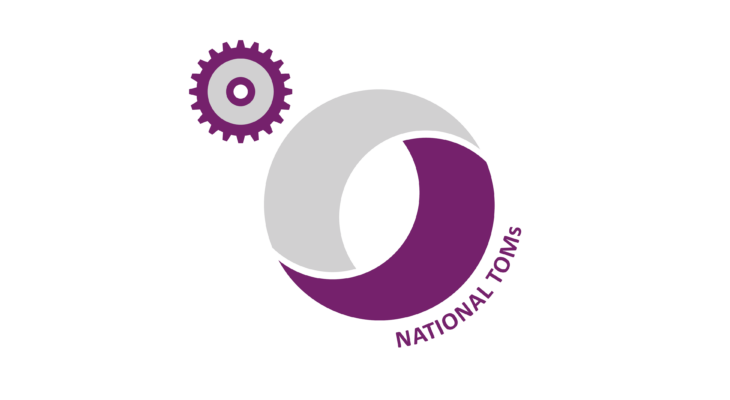I attended an excellent webinar with the Social Value Portal yesterday, to understand the impact of Covid-19 on Social Impact delivery. Just before the current government measures kicked in, the 2020 TOMs were published, and an additional 18 Covid-19 ‘C19’ measures

have been developed in response to the current operating restrictions.
It is highly likely that most organizations committed to delivering social value through commercial activities are currently experiencing barriers to achieving targets. It is important that Social Impact professionals recognize these constraints, and that Commissioners/Procurers support creative delivery which reflects the challenging environment that we all find ourselves in.
It was refreshing and reassuring to listen to a sensible and deliverable response to this by the Social Value Portal. They were very clear that at the moment, the focus is on retaining social value without creating additional obligations for delivery, and supporting organizations to apply the TOMs flexibly and with due consideration to the specific context of contract, the suppliers ability to deliver, and the timescale of required delivery.
The additional 18 C19 measures focus on:
· Retention of jobs and skills
· Supporting workers to face the Covid-19 crisis
· Supporting communities to face the Covid-19 crisis
· An environmental response to Covid-19
A significant focus of the C19 plug in measures is that of supporting local communities. Measures consider allowing employees to volunteer, supporting best practice social behaviors, and supporting workers mental health and wellbeing.
One of the most reassuring aspects of yesterday’s discussion was a response to one of the polls asked within the webinar. Without knowing the exact make-up of the audience, I assumed the majority were Social Impact Managers within private and public sector organizations responsible for procuring social impact.
The audience was asked whether in the short term, they were dropping Social Impact requirements by their supply chain. The response was definitively NOT. Most were working with suppliers to create alternative solutions, which is a testament to the resilience and commitment of our sector.
Another important message was that any measures (whether existing or additional C19) need to be applied very carefully, so as not to place undue pressure on smaller organizations. This should be very reassuring for SME suppliers, many of whom are being extremely hard hit by Covid-19 measures.
There is a strong desire to support smaller organizations, many of whom have responded to the pandemic by offering community support, some even adapting production to ensure continuity of supply of vital PPE and health products. It is encouraging to hear that Primary contractors and Public Sector are recognizing the need to support SME’s to continue to deliver this innovation, and facilitating structures to enable this originality to be captured in Social Impact reporting.





